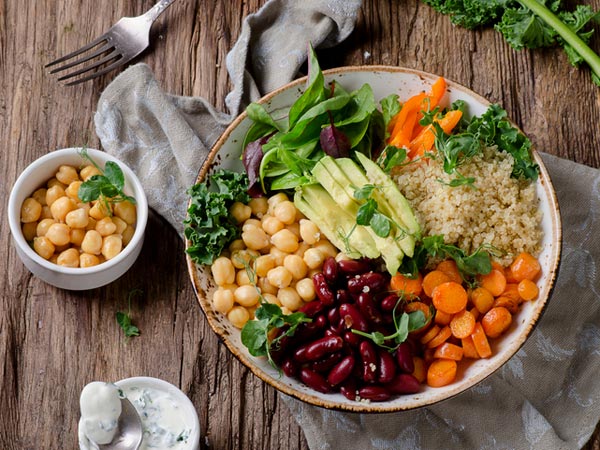Educating ourselves on triglycerides will help us understand the roles they play in cardiovascular health. Knowing the causes and impact of their high level in our body is essential to avoid future complications.
Triglycerides are by far the most abundant type of fat or lipid found in our blood. Their main function is to store energy for the body. They contain more than twice as much energy as carbohydrates. Our liver produces triglycerides, but we also get it from foods, mostly butter, oils and other fats we eat. The extra calories we consume are also converted into triglycerides.
How they travel in our body?
In order to travel around the body to deliver energy, the triglycerides are packed with protein and cholesterol to form lipoproteins. The lipoproteins deliver the triglycerides to cells that needs energy, but the excess is sent to fat cells and stored as body fat. Whenever our body needs energy, the fats cells will then release the triglycerides.
Effect of high level of triglycerides
However, a high level of triglycerides in the blood is related to cardiovascular diseases, increased risk of stroke and inflammation of the pancreas. Other factors that can contribute to a raise in blood level of triglycerides are uncontrolled diabetes, overweight, heavy smoking and alcohol consumption.
How to handle triglycerides?
To maintain the triglyceride level within the normal range, a healthy lifestyle should be adopted. The following article in the link below, further highlight the importance of keeping track of our triglycerides level and tips on a healthy lifestyle.




